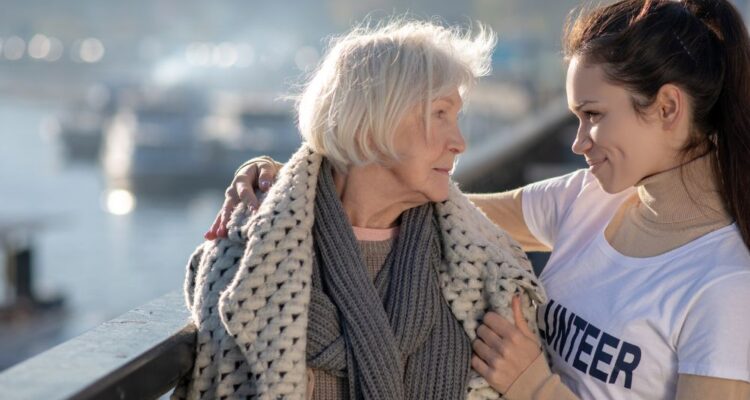Last night I couldn’t sleep. I was clawing away at a fading memory of something so insignificant: my high school boyfriend’s youngest brother’s name. I finally got it at about 4am- Mark- I proudly proclaim as if holding up a big freshly caught fish on my line!
My pride is quickly eclipsed by the guttural acknowledgement that my high school boyfriend’s youngest brother’s name is not really the thing that is shaking me awake this night. It’s Susanne.
If I’m honest, I am not sure how to talk about Susanne with you, Dear Reader. And I wonder if this is because my fists are clenched and it’s hard to open them and be soft towards any of you sometimes because I have witnessed the ways in which so many of us hold on tight like a new religion to our ideologies around human beings like Susanne. And yet, here I am-yet again writing to make sense of all of this. Writing like my life, Susanne’s life and the others like her-like all our lives-depend on it.
Don’t get me wrong. I don’t think I am so important that I can resuscitate a whole city’s heart. But I do know that I have been impacted enough by the lives of some beautiful individuals, like Susanne, whose deaths I think are on our hands, so I must at least try and press down a bit and lower my ear to our heart to listen for a slight beat, because I do believe it’s there.
Yes, Susanne was one of the many in a now rather large and growing chorus of individuals that have their own way of animating a lived-out decompensation in public. For Susanne, that meant, no shoes even in the coldest of weather. It meant an almost ritualistic meandering out into the highway, stopping traffic and causing a cacophony of beeps. In the hardest of times, it meant handing her plate after plate of food, only to have her throw them in the air. The plate throwing went on for months, winnowing her already slight frame down to the bone.
On these days, what almost always worked was to say her name, to touch her face, or put your arms out wide for a hug and say, “Susanne”. She’d stop and look and for a moment in time there she was. With you.
But there were plenty of times over the 14 years of sharing life with Susanne when it didn’t work; like that long month when we couldn’t get her to eat. And in those moments, it felt like we were standing on the shoreline, watching her slowly be swept out to sea, when all we wanted was to reach her and bring her back with us.
Through the years, as I stood on this proverbial shoreline, with food from her plate on my clothes, or the chattering of horns in my ear, I would think about the way Susanne’s eyes sparkled as she danced at our Holiday party. I would recall the way she covered her mouth with her hands when she smiled and giggle a bit as I remember the mess she made in the kitchen when she cooked a steak on the stovetop. I’d then look at her perfectly tanned skin and beautiful brown eyes, in whatever form she was in, and call to mind her magical ability to make whatever clothes we helped put her in look effortless.
During these times when Susanne was far out at sea-do you know what we did, reader? We called for an involuntary commitment. And do you know why we did this?
Because we know her eyes sparkle when she dances.
With every holy and heartbreaking attempt to have Susanne involuntarily committed, it never worked. She would look up just long enough to tell the Crisis Team that she didn’t want help. And despite our best efforts to provide historical knowledge, stories and data to any emergency crew that ever came, Susanne never met the standards of “harm to self or others”.
And now she is gone. And my god, we miss her.
Here’s what I beg of us moving forward: be open to a nuanced conversation on involuntary commitment. And be open to reimagining and investing in what care could and should look like for precious people like Susanne. Just be open. Or, Dear Reader, tell me what to do. Tell me what we should have done- those of us who loved Susanne.

